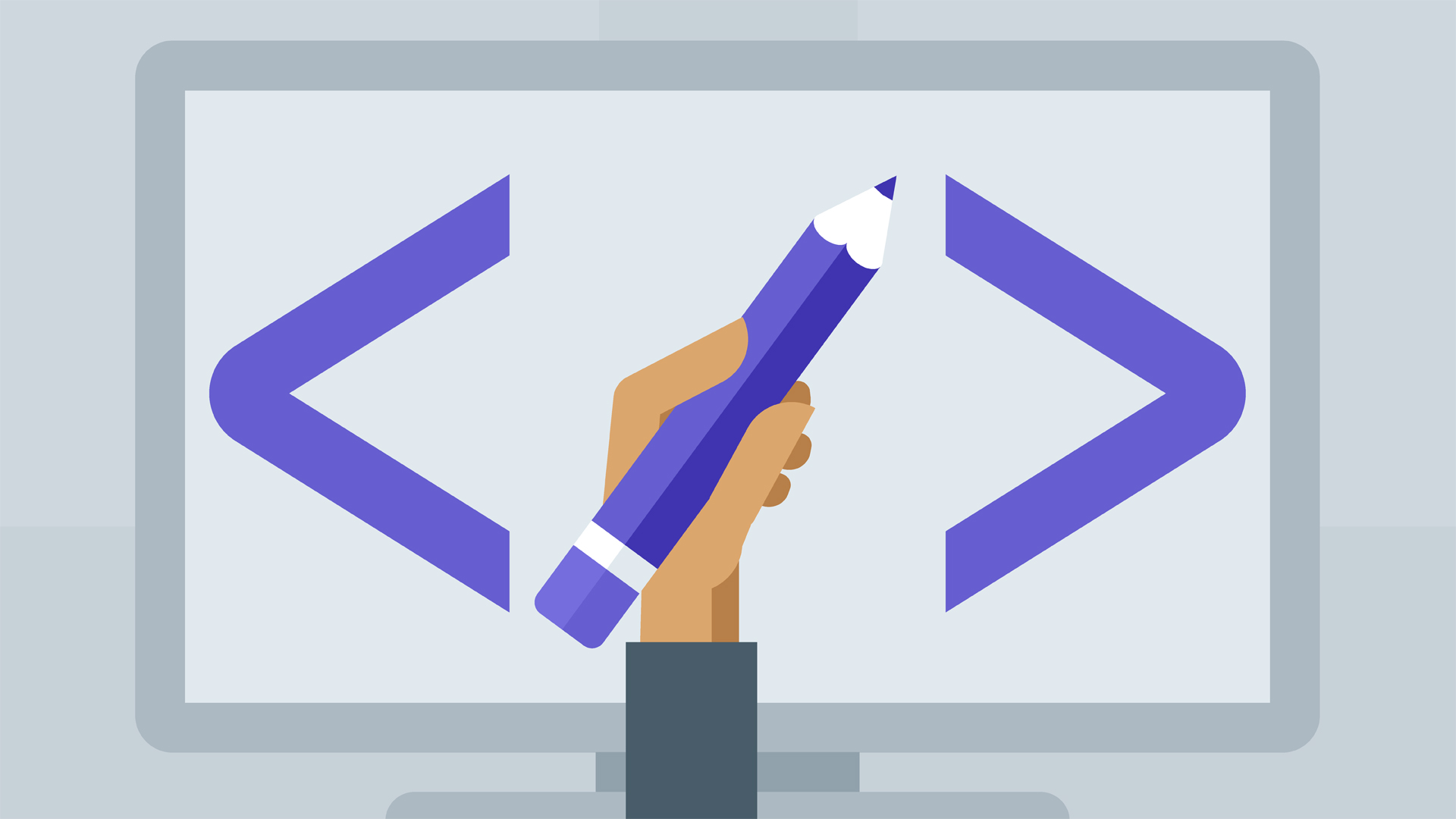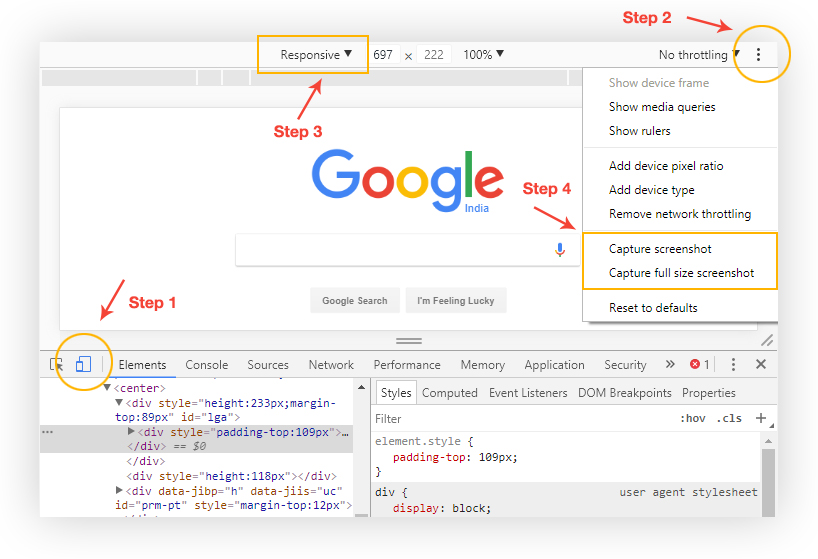It has never been easier to get your website up and running on the web within a few hours. With WYSIWYG website builders like Wix, Weebly, and Squarespace, website design has become a hobby, passion, and profession for many. Thankfully, in 2018, you do not have to be a pro website developer or a coding expert to design a website. This is especially beneficial for businessmen, who want to catch their lucky break soon. The digital market is the best place to be for business right now and having an e-commerce site gives each business a fair chance to expand their customer base.
Sadly, completing an e-commerce website design is not as easy as you would deem it to be. In fact, even with ready-to-use builders and robust CMS like WordPress or Joomla or other platforms like Shopify, Bigcommerce or 3DCart you need to face some hurdles before you can enjoy the perks of having a truly dedicated seller website. As a guide to the newbie developers and aspiring businessmen, we have created a list of the most persistent problems e-commerce website builders face from time to time.
Why can’t my team decide on a cost for the design process?
Even for the most experienced website designers, telling the cost of a project can become extremely difficult at times. Honestly, even you would find it impossible to exactly outline what your e-commerce site needs and what it does not at this moment. Getting a quote or estimation before beginning a website design project is a cost guide at best.
One way you can overcome the uncertainty of cost is by laying down a budget upfront. You simply need to prioritize desired features and functions as per cost to adhere to a particularly strict budget.
What are the exact requirements for the site?
Even for the best of the best website designers in town, it can be impossible to point out exactly what your website needs from the first day. Even when you have a very clear idea of what your e-commerce site is supposed to look like, it can be impossible to determine all the components of the backend. Therefore, the costs, efforts and the to-do list of the entire e-commerce design project can vary considerably between two consecutive weeks.
Another downside of having rigid plans for the first leg of the development process is that you may never know what sort of changes your site may require later on. There are times when your developing business might call for changes in the choice of plug-ins and SEO needs.
One way to overcome this challenge is by being flexible about your requirements. Do not take the first list of plug-ins and optimization needs as the final one. Work with your design company to establish goals and prioritize them.
It has been a month; the e-commerce site is not complete although it is online!
When you launched your website, you expected it to be glitch-free, smooth and profiting. However, your e-commerce site needs repeated repairs, adjustments and inspection even after one month after the launch. Believe it or not, that is perfectly natural for almost all websites irrespective of their purpose, nature, and niche. When you own a site that deals with customers on a regular basis, your design is never really complete. There will always be something you would want to customize a little more or a little less, update new images, replace old banners, introduce new offers and install new plugins.
As a website owner, you need to treat the launch of your website as another beginning in the journey of your business and not an end to the development process. Even if you do not plan to make huge changes in the design aspect of the e-commerce site, you will need to update the database from time to time to prevent collecting cobwebs.
How do you pick the correct CMS and backup system for your website database?
Your website database is the lifeline of your business. Without it, any e-commerce site is as good as non-existent. Even if it is your first day online, you need to ensure that your database is synced and you have a backup system that stores all customer data. As per the modern data policies, you need to secure customer data from hacks and malware attacks with 128-bit encryption and multi-authentication log-ins. These methods are quite effective in protecting customer data.
This brings us to the next database related part – making room for upgrades. You must choose a database that accommodates updates. Do not pick the cheapest CMS you can find online! Go with ones like WordPress, Joomla or Drupal or choose a hosted solutions like Shopify, Bigcommerce or 3DCart. Your CMS should be reliable, standardized and provide room for a scale up. Always include the possibility of an upgrade in your website design budget. Always choose a CMS that is easy to update. You can always update the content of the database by yourself when the time comes to cut corners. However, never try to upgrade a CMS by yourself! Ask your website designer team or manager to help you with it.
What more should I include in the contract?
Most clients leave satisfied once their site is online, updated and running. However, it does not take them long to return with a new complaint or new requirements for repairs and more. Servicing a website can cost a lot if you are not smart enough to include a support clause in the contract. While signing a company up for your e-commerce site design project, make sure that they will provide customer support after the website design is complete. This can save you a fortune and much harassment in the long run. In fact, your design company should ideally have a 24/7 support system for its clients.
The simplest way to overcome these problems is by picking a company that puts customers first. In case, you are on a DIY mission, always pick premium templates, choose a paid premium CMS service, work with high rated plug-ins and opt for expert database management along with security services. Your e-commerce site will be the face of your business online, and your choices during the development process will reflect the quality of service your brand promises.
Author Bio – Barrack Diego is a freelance content writer. He has written many good and informative articles on different categories such as Miami SEO, Business and Web Design. He is very responsible towards his job. He loves to share his knowledge and experience with his friends and colleagues.



